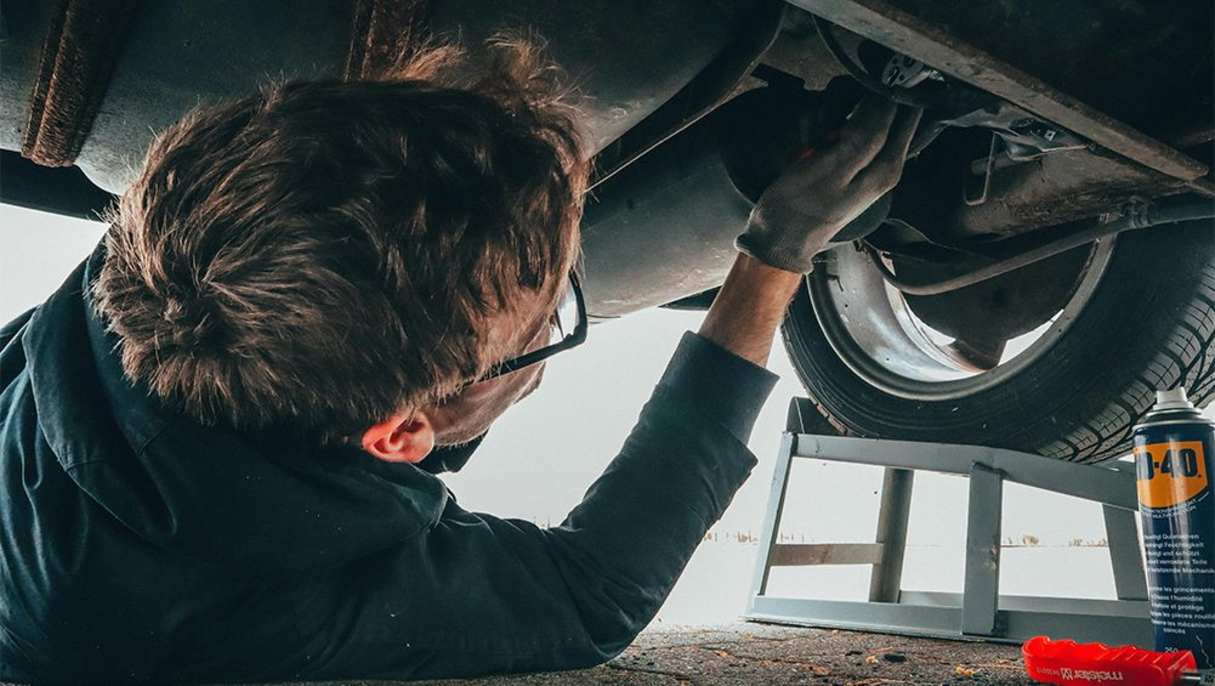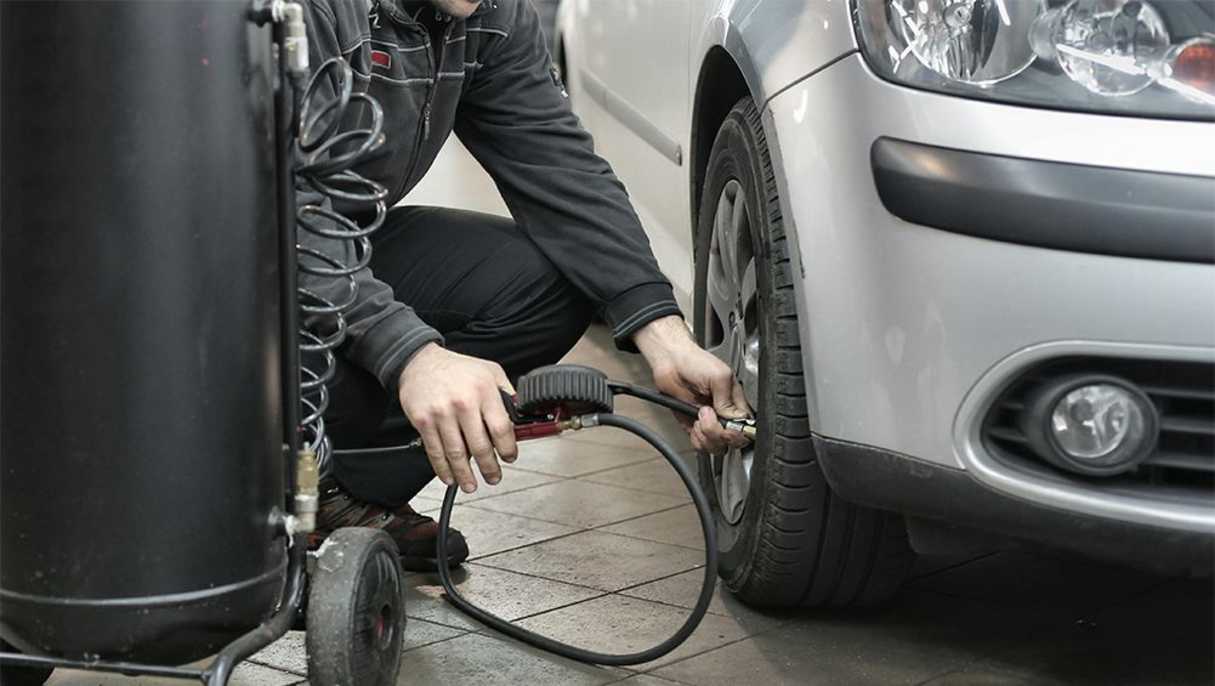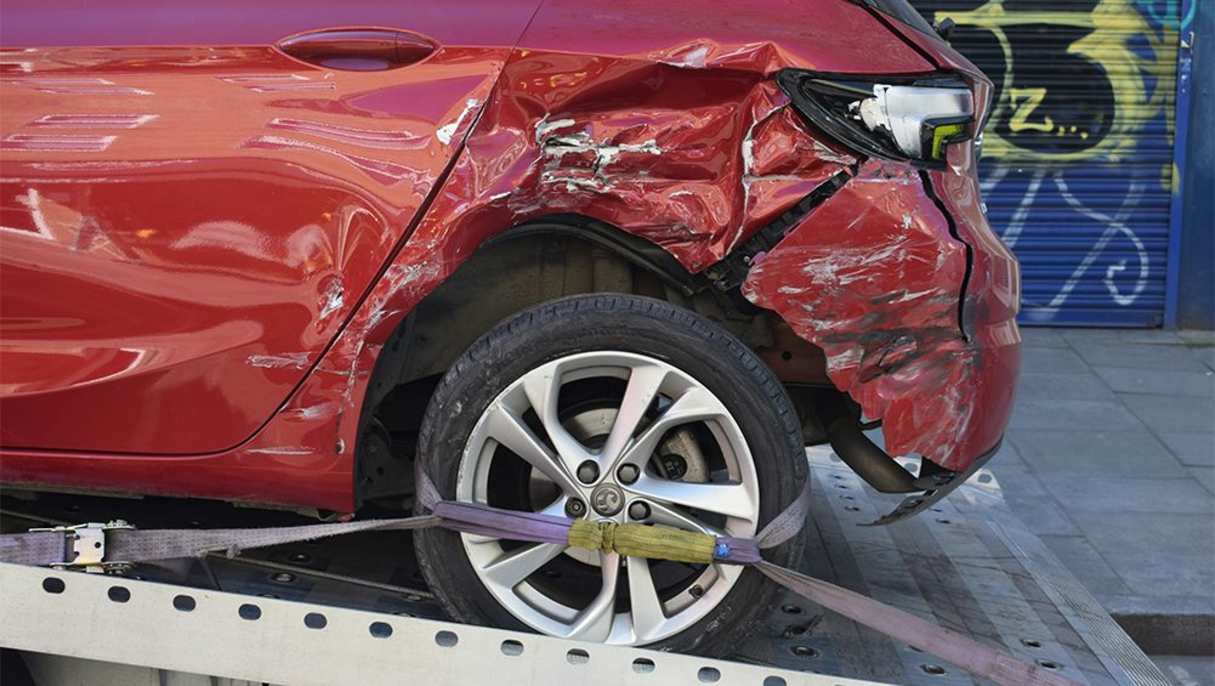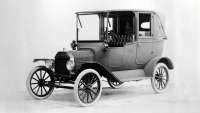Cost-of-living pressures are increasingly being felt, so there's never been a better time to reconsider the way you drive and/or own a car, as you could be unnecessarily losing money.
But fear not, we've compiled a list of our five best money-saving tips for car drivers and owners, all of which could save you meaningful dollars.
Read on.
1. When to charge or fuel up
The actual time of day when you charge or fuel up your vehicle can have a huge effect on how much you pay.
For charging electric cars, it’s cheapest to do so during off-peak hours, usually between 10pm and 7am on weekdays when electricity rates are cheapest.
For petrol or diesel cars petrol, you’ll find fuel prices vary depending on the day of the week because of fuel price cycles. The ACCC says that in Perth Tuesday is the cheapest day for petrol. Wednesdays are typically the cheapest in Melbourne, Brisbane and Sydney.

2. How do you drive?
Saving fuel or electricity is saving money and the biggest contributors to how much your vehicle uses is how you drive it. There are two parts to this: the style of driving and the type of driving.
A smooth style of driving without excessive acceleration or hard braking will reduce energy and fuel consumption.
The type of driving you do is a big factor, too. Electric cars prefer lower speed city and urban driving, while motorways and long-distance driving at higher speeds will drain batteries fast.
For petrol and diesel cars the reverse is true - fuel consumption is lower while cruising on a motorway, than in stop-start city traffic.

3. Maintenance
While you should leave servicing your car to the experts, there are some simple maintenance and ‘housekeeping’ tips that will go a long way to reduce ownership costs.
Ensuring your tyres are filled to the correct pressure – as shown on the placard (located on the door frame) – will not only mean they won’t wear out quicker, but also will mean you can get the best possible fuel economy.
Another tip is to remove anything heavy from the boot or cabin that you don't need with you. Yep, we know you’ll get around to taking out all that camping gear from the long weekend three weeks ago, but you’re using more fuel and electricity lugging it around.

4. Capped-price servicing
Many car makers have capped-price servicing - which is a fixed-cost plan that not only allows you to see how much you’ll pay at each service, but also sometimes offers outstanding value.
You can find out the capped-price servicing for a car you’re about to buy or have recently bought at the car manufacturer's website - usually located in the Owners section.

5. Insurance
Your car insurer will contact you when your insurance is due and it’s easy just to renew it through the link they send you. But shop around and you might find a better offer that could save big dollars.
Remember to read the Insurer’s product disclosure statement, as some provide better coverage and assistance than others, from a loan car to using genuine parts.
.jpg)
.jpg)
.jpg)



.jpg)
.jpg)
.jpg)





.jpg)
.jpg)
.jpg)
.jpg)





.jpg)